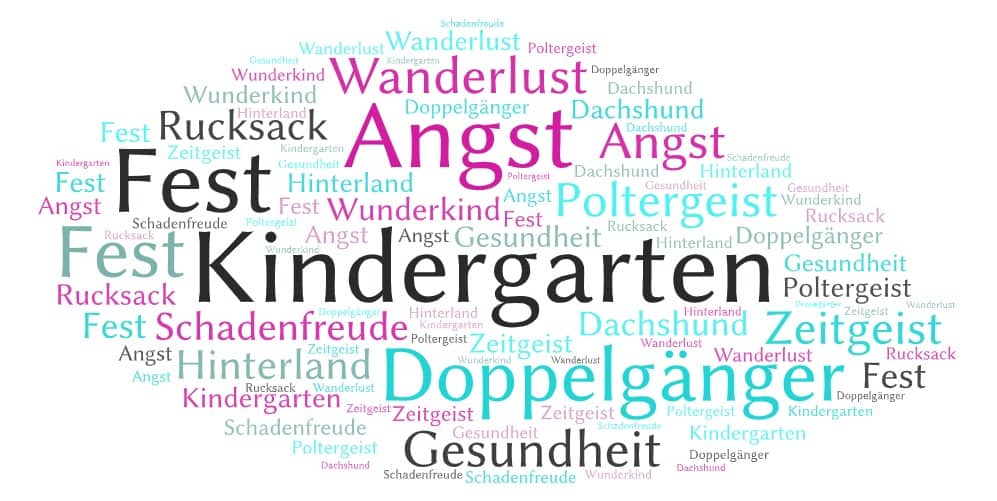
Surprising Ways the German and English Languages are Similar
Welcoming someone from a different country into your home can be strange, especially if they speak a different language. Our care professionals all speak German as their mother tongue, with often very good English. It may come as a surprise, but German and English are not as different as you may think! What causes these similarities?
English and German are Germanic Languages
While English borrows many of its words from Latin, French and Greek, it is actually considered a Germanic language. This means that the majority of the most common words in modern English have German roots. This blending of languages came about over a thousand years ago, when French, English and German tribes encountered one another in present day England. The Germanic tribes had been speaking their own version of English before the Normans invaded and conquered England.
Norman and Latin words didn’t displace much vocabulary, or subtract anything but rather added to the existing Germanic language. Today, 80 of the 100 most common words in English are Germanic in origin.
A Shared Alphabet
The shared origin of English and German has led to a shared alphabet between the two languages. German also has the Umlaut letters: ä, ö, ü, and the ß (which is a sharp S). When talking with your care professional, you may have noticed some pronunciation differences.
The th sound as in words like the in English and thing does not exist in German so many German speakers have problems reproducing such sounds correctly. Have you ever noticed that Germans struggle to pronounce the letter w correctly in English? The w also does not exist in German so although German words beginning with this letter, it is pronounced like a v.
This explains the mispronunciation of English words we or wine as ve and vine. Knowing these differences makes it easier to understand one another.
German can sometimes have really long compound nouns. For example, Kraftfahrzeughaftpflichtversicherung, which means ‘automobile liability insurance’, has a whopping 36 letters!!
Another characteristic of German is that the first letter in a noun is always capitalised; that’s why Handy, Schiff, and Buch are all written with a capital letter.
Another difference is that in English, the definite article is ‘the’, and the indefinite article is ‘a’ or ‘an’. However, in German, the definite article can be ‘der’ if the word is masculine, ‘die’ if it’s feminine, ‘das’ if it’s neutral or ‘die’ if it’s plural.
For example, Tisch (table) is masculine so it’s der Tisch. There is of course nothing particularly “masculine” about a table.
German Words in English and Vice Versa
Both German and English have borrowed words from one another. Here’s a list of some you may recognise:
- Kindergarten (school for young children)
- Angst (fear, depression, anger)
- Doppelgänger (someone’s double)
- Fest (feast, celebration, party)
- Gesundheit (two meanings: bless you and health)
- Poltergeist (ghost)
- Wanderlust (desire to travel)
- Schadenfreude (taking pleasure in someone’s misfortune)
- Zeitgeist (the defining spirit or mood of a particular period of history)
- Hinterland (backwoods)
- Rucksack (backpack)
- Wunderkind (child prodigy)
- Dachshund (breed of dog)
What’s your favourite German word that you’ve learned from your care professional?
